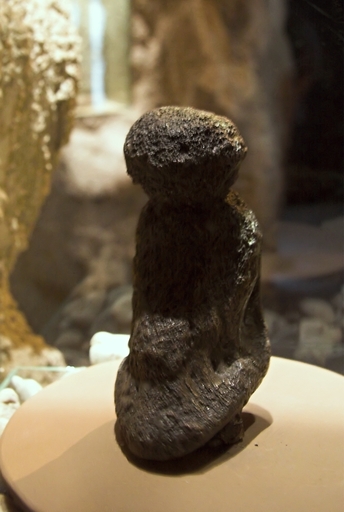
Hunter-gatherer society of anatomically modern humans (Homo sapiens sapiens) living in the middle of the Upper Palaeolithic, or the so-called Gravettian (28 to 18 thousand years BC), whose diet largely consisted of mammoth.
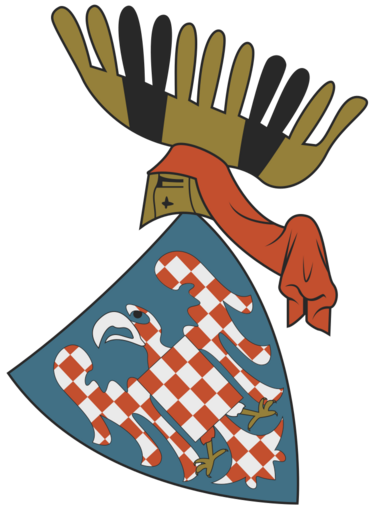
Political entity of on the territory of Moravia existing from 1182 to 1918. It was an autonomous part of the Czech lands and the Habsburg Monarchy.
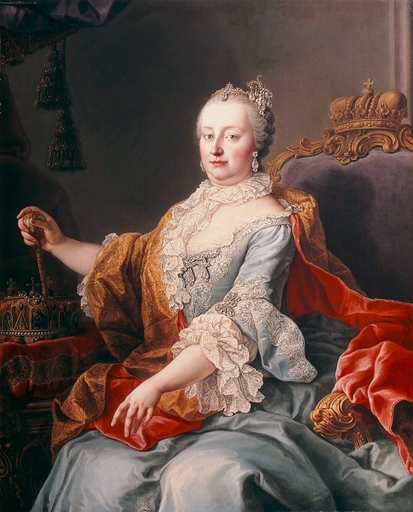
Queen of Bohemia and Hungary between 1740 and 1780, titular Empress of the Holy Roman Empire (as the wife of the Emperor) between 1745 and 1780. She was the only woman on the throne of the Kingdom of Bohemia. Her reign over the Czech lands was a period of large and significant changes towards modern bureaucratic state.
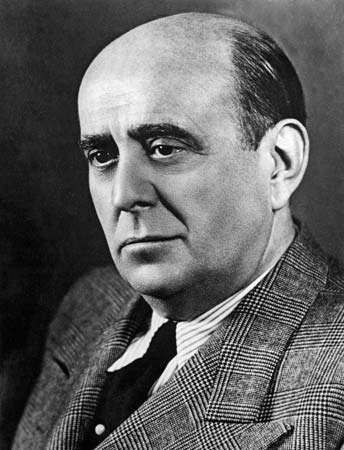
Czech diplomat and politician, the younger son of president T. G. Masaryk. He died under suspicious circumstances.
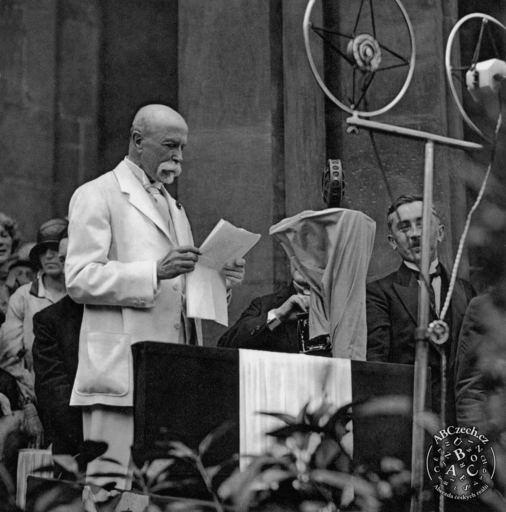
Sociologist, philosopher and the first president of the independent Czechoslovak Republic after 1918. He was a political icon and a symbol of moral integrity who still has an influence on the norms of democratic discussion and political rhetoric as the central figure of Czech 20th-century historical memory.
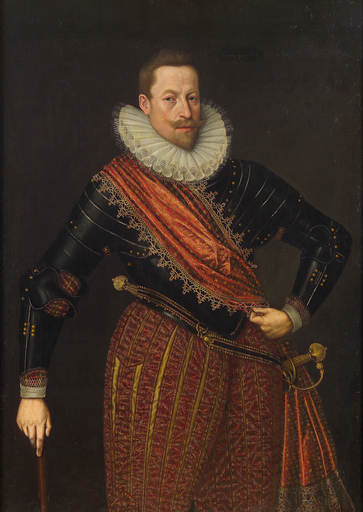
King of Bohemia between 1611 and 1619, King of Hungary between 1608 and 1619, and Holy Roman Emperor between 1612 and 1619. His life was marked by a long rivalry with Emperor Rudolph II and an unsuccessful attempt to resolve the increasing religious conflicts in the Holy Roman Empire.
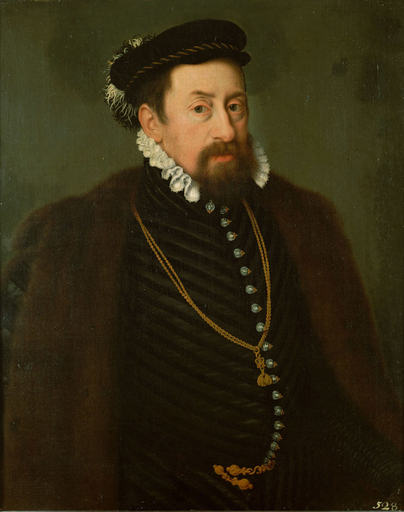
King of Bohemia, Hungary and Holy Roman Emperor between 1564 and 1576, known primarily for his religious tolerance.
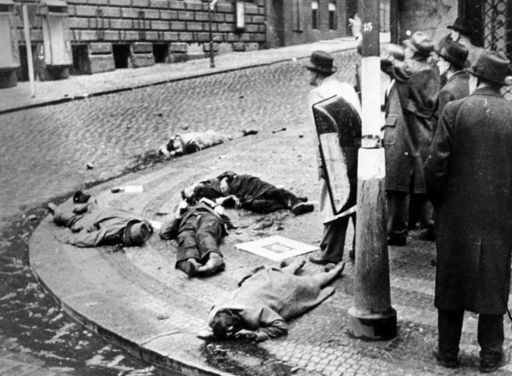
The largest armed resistance of the Czech people against the German occupation during the Second World War. It became a part of the collective memory of post-war generations of Czechs and is still commemorated on sites of memory all over the country.
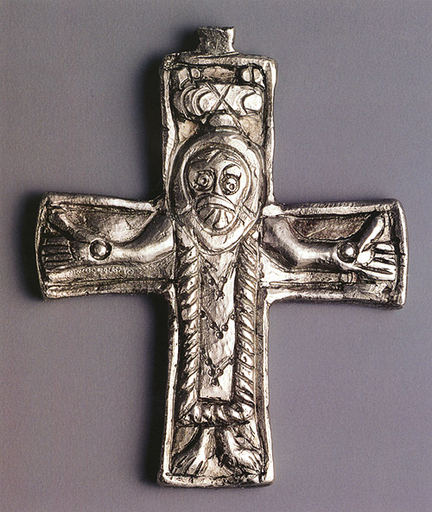
One of the most significant archaeological sites, which flourished during Great Moravia. It is believed that it was one of the centres of the state.
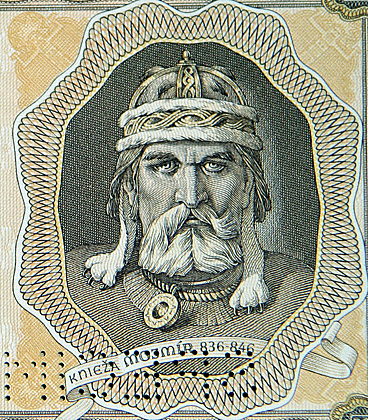
The first historically documented ruler of Great Moravia and the founder of the Moymirid dynasty.
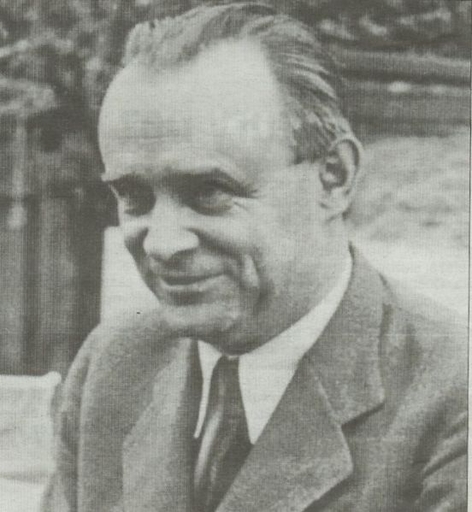
Famous Czechoslovak military commander, member of the military intelligence service and one of the organisers of the Reinhard Heydrich assassination.
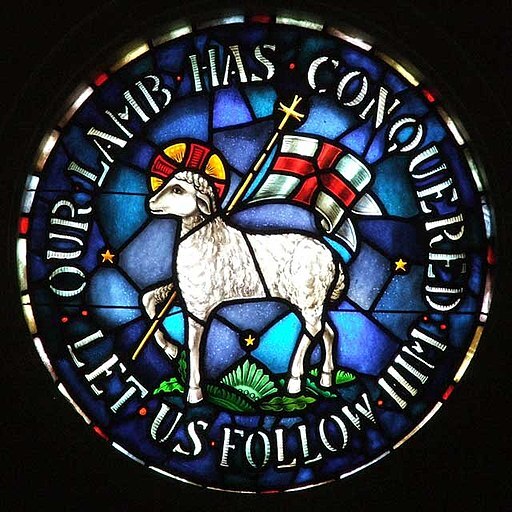
A society founded in the 18th century in Herrnhut, Saxony, by immigrants from the Czech lands and in direct connection with the Bohemian Unity of Brethren. It significantly influenced the Evangelical reformation.
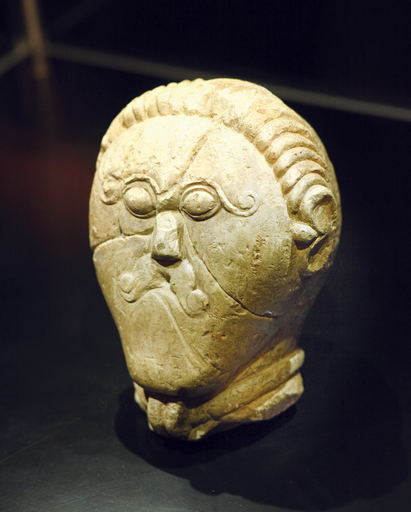
A stone head found in 1943 in Mšecké Žehrovice, in the Rakovník District. It is one of the most significant finds connected with the Celts, on the territory of the Czech Republic as well as in Central Europe.
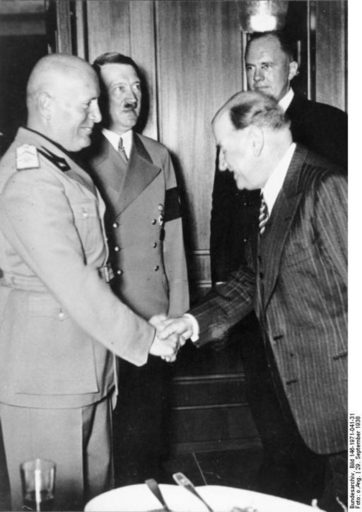
A common belief in the devastating importance of the so-called Munich Agreement signed on 30 September 1938 in Munich, Germany.
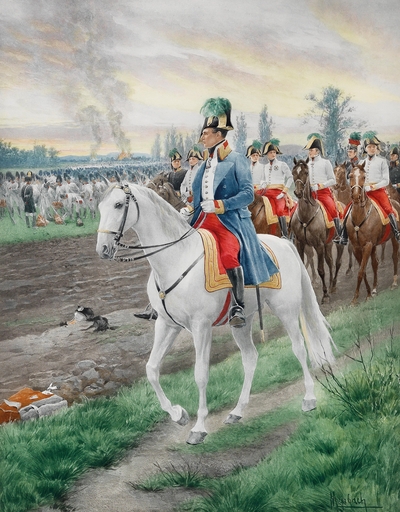
European conflict between 1803 and 1815 that significantly affected the Czech lands as well. Apart from the hardships of war, it also brought many political and economic changes to the Czech lands and introduced new ideas that significantly influenced the development of the Czech National Revival.
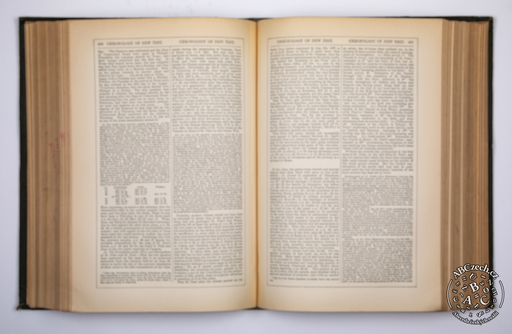
Czech political party in Austria-Hungary, in the last quarter of the 19th century a liberal alternative and main opponent to the Old Czech Party.
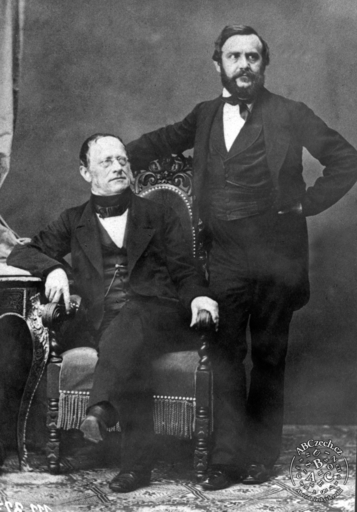
The most prominent Czech political party of the second half of the 19th century. For 30 years, it was the main political representative of the Czech people in Austria and Austria-Hungary.
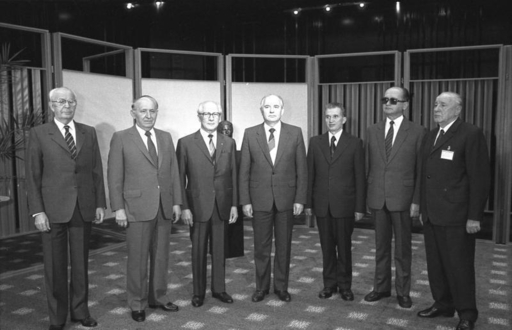
Ideological regime of Czechoslovak politics between 1969 and 1989. Its central principle was the subjection of all aspects of life in Czechoslovakia to the political line of the Soviet Union as an attempt at maintaining the stability of the Eastern Bloc.
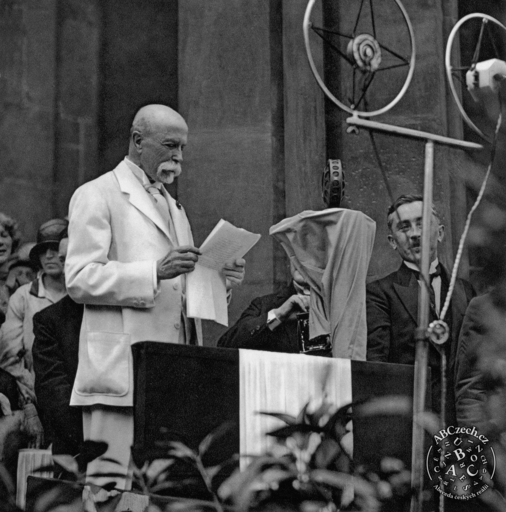
A famous quote by the philosopher, sociologist and first Czechoslovak president Tomáš Garrigue Masaryk, partly reflecting his political and philosophical ideas.
2016-2020 ABCzech.cz - © Filozofická fakulta Univerzity Karlovy
Content from this website may be used without permission only for personal and non-commercial purposes and with the source cited. Any other use is allowed only with the authors' consent.
This web application Sonic.cgi meets GDPR requirements. Current information can be found here.